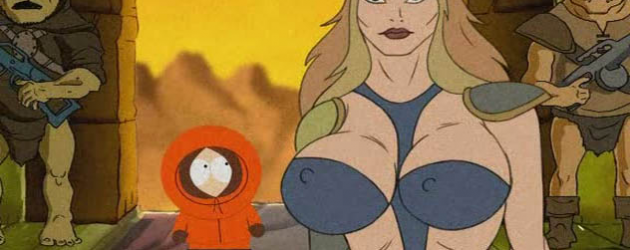At The Diplomat, James R. Holmes talks about the recent accident on board the Chinese carrier Liaoning:
Reports of Chinese aircraft carrier Liaoning’s death — or debilitating wounds — are greatly exaggerated. The flattop suffered some sort of steam leak that prompted her crew to stop at sea and conduct repairs before resuming operations. The news comes from Robert Beckhusen of War Is Boring, who relays a Sina.com story that Liaoning suffered a “steam explosion” following “a leak in ‘the machine oven compartment to the water pipes.’”
Beckhusen denies that PLA Navy leaders will decommission the flattop because of mechanical problems. (By raising the possibility, though, he seems to imply they might.) He does speculate that the accident will force the navy to relegate her to training duty.
Would an engineering casualty represent a setback unseen in the annals of naval history? Hardly. All sea services have been there, done that, and will likely find themselves there again. It’s doubtful such travails will induce PLA Navy officials to overreact, demoting Liaoning from whatever plans they have in mind for her. China’s first aircraft carrier is probably destined to serve as a training platform in any event — a ship used to groom China’s first generation of naval aviators, flight-deck crewmen, and air-group commanders. She will remain such despite minor hardware problems belowdecks.
Indeed, if suffering zero engineering casualties were the standard for maritime competence, the briny main would be empty of shipping. Think about what going to sea involves. A warship is a metal box largely encased in an environment hostile to metal — namely seawater and salt air. And it’s a box packed with machinery, flammables and explosives of various sorts, and human bodies. In such surroundings, rare is the seaman without a hair-raising tale to tell about fires or floods, equipment failures, and sundry mishaps.
I could spin a few such yarns myself. One involves a pipe springing a pinhole leak. And spraying fuel. On a steaming boiler. While crewmen are loading ammunition. At anchor. In rough weather. And that was a good-luck ship for the most part. Murphy’s Law — a.k.a. s*#t happens — is an iron law of marine engineering, and of seafaring writ large. When it does happen, you fix the damage, learn whatever lessons there are to learn, and move on.

 I wonder if I’ll even be able to watch this game later today: the Winnipeg CTV affiliate station usually carries the Vikings games on Sunday, but this promises to be a very low-audience meeting. If it’s not viewable in my area, I’ll have to depend on the team’s game highlights which are usually posted on their website the next day. How bad is this matchup? At the Daily Norseman,
I wonder if I’ll even be able to watch this game later today: the Winnipeg CTV affiliate station usually carries the Vikings games on Sunday, but this promises to be a very low-audience meeting. If it’s not viewable in my area, I’ll have to depend on the team’s game highlights which are usually posted on their website the next day. How bad is this matchup? At the Daily Norseman, 


